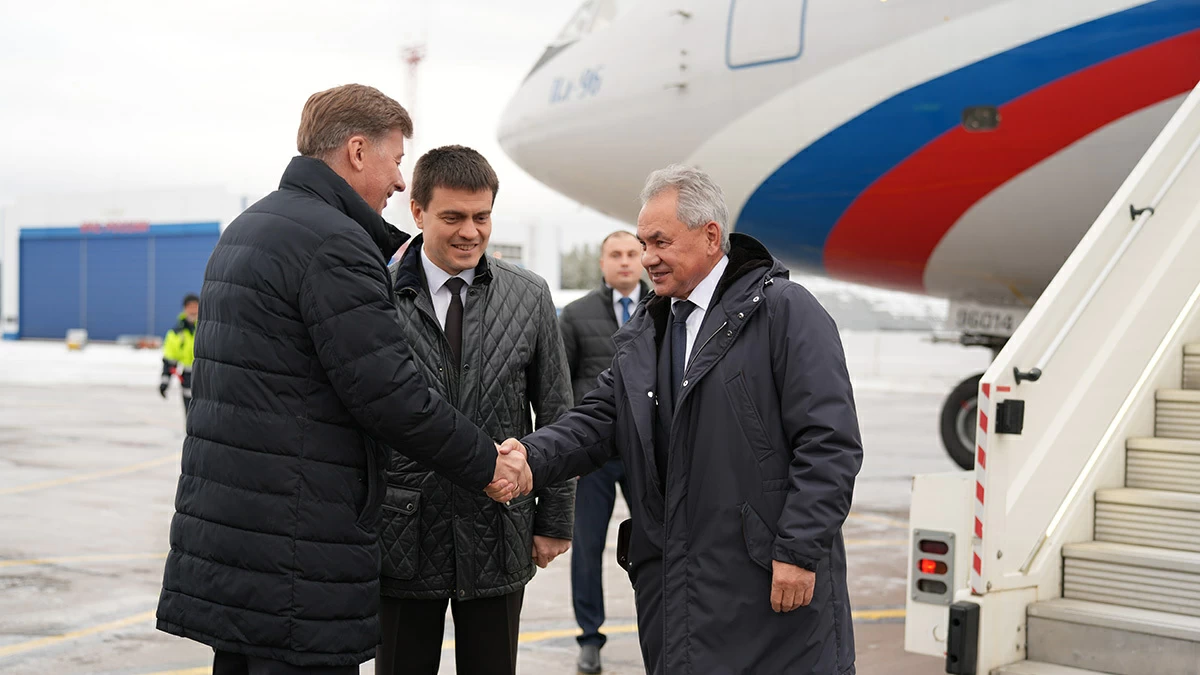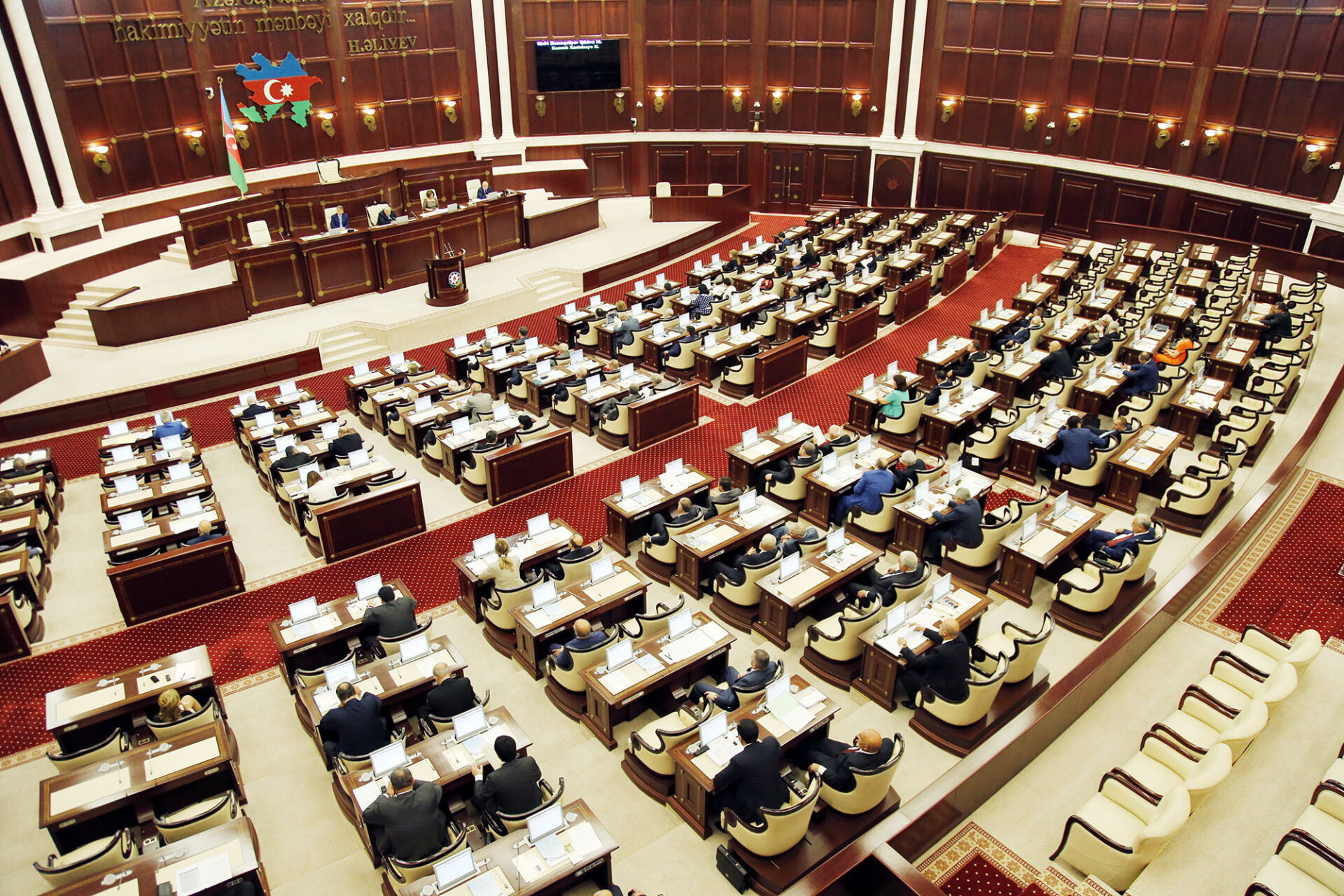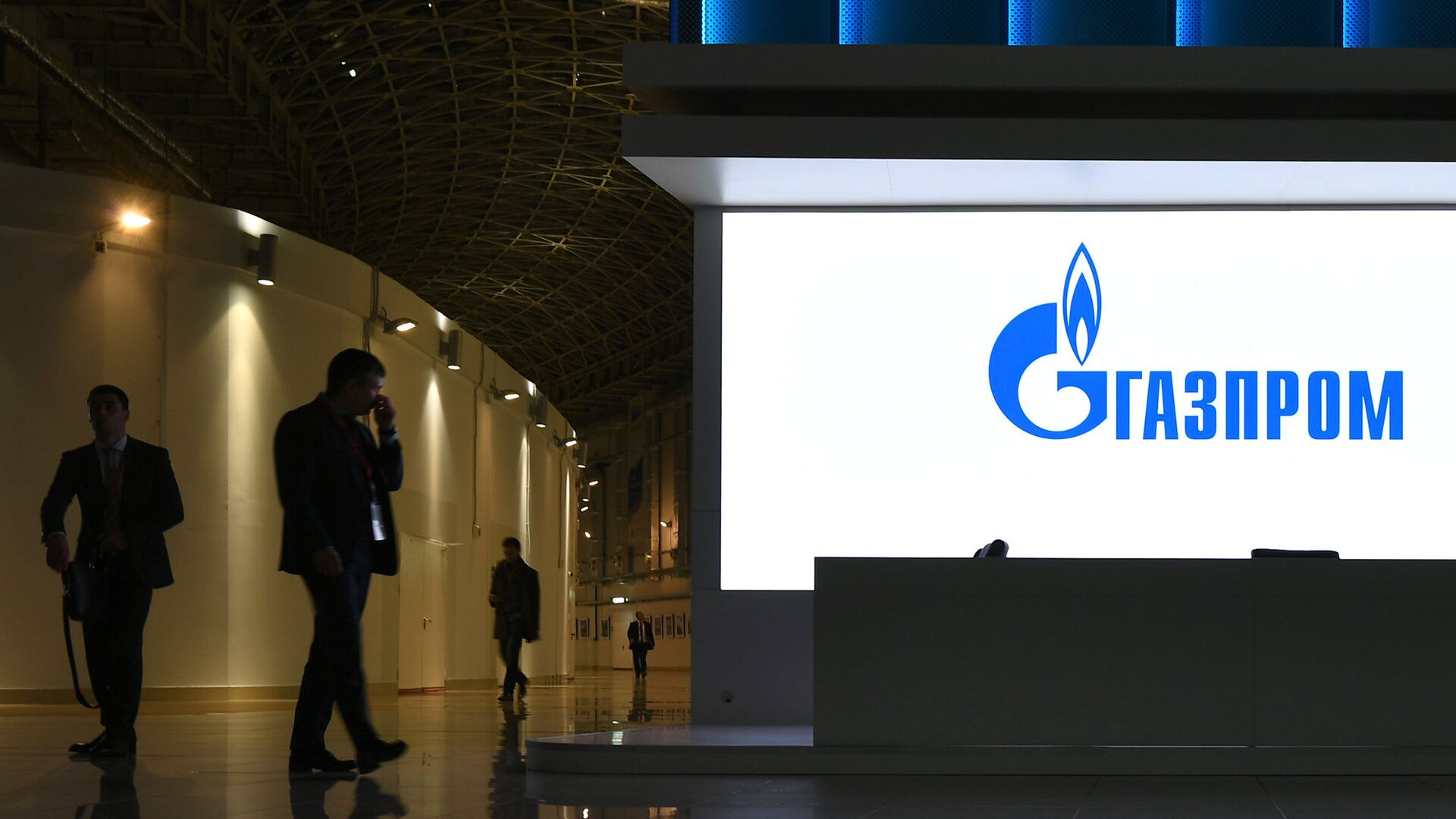RUSSIAN OFFICIALS AND SOME POLITICOS URGE NON-INTERFERENCE IN BISHKEK
RUSSIAN OFFICIALS AND SOME POLITICOS URGE NON-INTERFERENCE IN BISHKEK
President Vladimir Putin made his first comments on the events in Kyrgyzstan from Yerevan today (March 25). The events in Kyrgystan were not unexpected and were the result of both the Kyrgyz authorities’ weakness and “social and economic problems that have accumulated,” Putin said. He added that it was regrettable that once again “in one of the countries of the post-Soviet space political issues are being resolved by illegal means,” resulting in “pogroms and losses of human lives.” At the same time, Putin said he was ready to cooperate with the Kyrgyz opposition and hoped it would “quickly take the situation under control.” “We know these people (the opposition) pretty well and they have done quite a lot to establish good relations between Russia and Kyrgyzstan,” he said. “For its part, Russia will do its best to keep up the current level of relations between the states and improve relations between the people.” If ousted president Askar Akayev “decides to come to Russia we do not mind,” Putin added. “This is quite possible” (RIA-Novosti, Reuters, Bloomberg, March 25)
Russian Foreign Minister Sergei Lavrov called yesterday (March 24) on the opposing sides in Kyrgyzstan to restore law and order as soon as possible. He also took a jab at the Organization for Security and Cooperation in Europe (OSCE). “Violence has brought casualties in Kyrgyzstan,” RIA-Novosti quoted Lavrov as saying. “We regret it. It is high time to restore legality in that country, and to come to a settlement proceeding from its constitution. We count on the OSCE and other international organizations to behave responsibly — too much depends on their pronouncements on the recent election and related developments.” OSCE special envoy Alojz Peterle told CNN in an interview from Bishkek yesterday that it “would be good to create a provisional government of national unity so that there is time to move away from the streets and reach a provisional solution,” Reuters reported.
The previous day (March 23), Lavrov had criticized comments by European Union foreign policy chief Javier Solana, who on March 22 issued a statement saying the EU was “closely following the course of events in Kyrgyzstan” and was “concerned” that the parliamentary elections in Kyrgyzstan last month “fell short of OSCE… commitments and other international standards in a number of important areas.” According to Russia’s Foreign Ministry, Lavrov responded to Solana in a telephone call, telling him that his statement contained “inappropriate assessments” of the events in Kyrgyzstan and that “public statements that can be used by the opposition to escalate tensions are counter-productive.”
Comments by some Russian parliamentarians were less restrained. Predictably, Liberal Democratic Party of Russia (LDPR) leader Vladimir Zhirinovsky was particularly colorful: “Russia must suppress the mutiny of the vulgar mob; they are scum who used violence, threw stones and bottles with explosive substances, in order to overthrow the legitimate authority of President [Askar] Akayev,” the LDPR leader told Ekho Moskvy radio. “If we don’t do this now, the infection will spread over the entire Central Asia. Russian must help him [Akayev] and receive him here….What else can we do? He treated Russia well, he made Russian the second official language there, and Russians were not abused in recent years” (Ekho Moskvy, March 24).
Another leading nationalist politician, Dmitry Rogozin, leader of the Rodina (Motherland) party, said that Russia had already lost political and economic influence in Kyrgyzstan. “The main concern now is the Russian military bases” in the Central Asian state, he said. Rogozin added that the Russian leadership bears a large share of blame for aggravating the situation in Kyrgyzstan. Russia, he said, devoted “insufficient attention to political events going on in neighboring countries, and largely let the Caucasus go, let Ukraine go, let Moldova go, and now Kyrgizia.” Rogozin said that the destabilization of the situation in Kyrgyzstan benefits the United States and China (newsinfo.ru, March 24). Another website quoted Rogozin as saying that Russia should “threaten” interference in Kyrgyzstan. Given China’s territorial claims on Kyrgyzstan, “The presence of Russia is necessary for Kyrgizia itself as never before,” it quoted Rogozin as saying. “If Russia will not be in Kyrgizia, then there will be no Kyrgizia” (utro.ru, March 24).
But leaders of Russia’s two houses of parliament, both of them close allies of President Vladimir Putin, stressed that the events in Kyrgyzstan were its internal affair. “Foreign interference in Kyrgyz events is unwelcome,” State Duma speaker Boris Gryzlov said, adding, “The authorities and the opposition should find points of contact and resolve all the conflicts at the negotiating table.” Sergei Mironov, speaker of the Federation Council, similarly stated: “It is an internal affair of that country, and if events are developing this way, it means that the [Kyrgyz] authorities themselves let it come to that” (Itar-Tass, March 24). Likewise, Mikhail Margelov, chairman of the Federation Council’s International Committee, said that there should be no interference in Kyrgyzstan’s internal affairs by any country. “And the presence of military bases on the territory of Kyrgyzstan is not a basis for interference except for self-defense in the case of a provocation,” he said (Rossiiskaya gazeta, March 25).
At least one liberal politician expressed a similarly negative view of the situation in Kyrgyzstan and of the opposition forces that have apparently seized power there. Grigory Tomchin, a leading member of the Union of Right Forces (SPS), said that “narco-barons” had come to power in Kyrgyzstan, Rosbalt reported on March 24. The Central Asian state can expect to see a strengthening of Islam, which is “well-financed, with local sources of funding,” he said. Tomchin also expressed surprise that Akayev’s regime had fallen so easily. “When Shevardnadze or Kuchma doesn’t use the siloviki, that’s understandable; but when Akayev, a person of a different mentality, doesn’t use force, it looks strange.” He added that the army and law-enforcement organs of Kyrgyzstan were apparently “already corroded and bought up” and that the victorious opposition forces were well financed and organized. “The [level of] organization is always very high on the narco-routes,” he said.
But fellow SPS leader Boris Nemtsov said that Russia must draw lessons from the events in Kyrgyzstan, like recent revolutions in other former Soviet republics. “Above all, we in Russia, the Kremlin, must draw lessons from both the Georgian revolution and now the Kyrgyz revolution. Lesson one: don’t endlessly lie to your people; the people, in the end, rise up and sweep away a government that has grown hateful. Two: don’t endlessly falsify elections. Three: don’t endlessly steal; the people will not tolerate it. Kyrgizia, Georgia, and Ukraine are different countries. But the reasons for the revolutions in those countries are exactly three: endless lying by the authorities, corruption, and cheating the voters. So if President Putin draws at least some lessons from these revolutions, Russia can avoid such a scenario. And if he doesn’t [draw any lessons], then anything is possible. By the way, there’s one other lesson: always work with the opposition; sooner or later, the opposition will become the government” (Radio Liberty, March 24).


